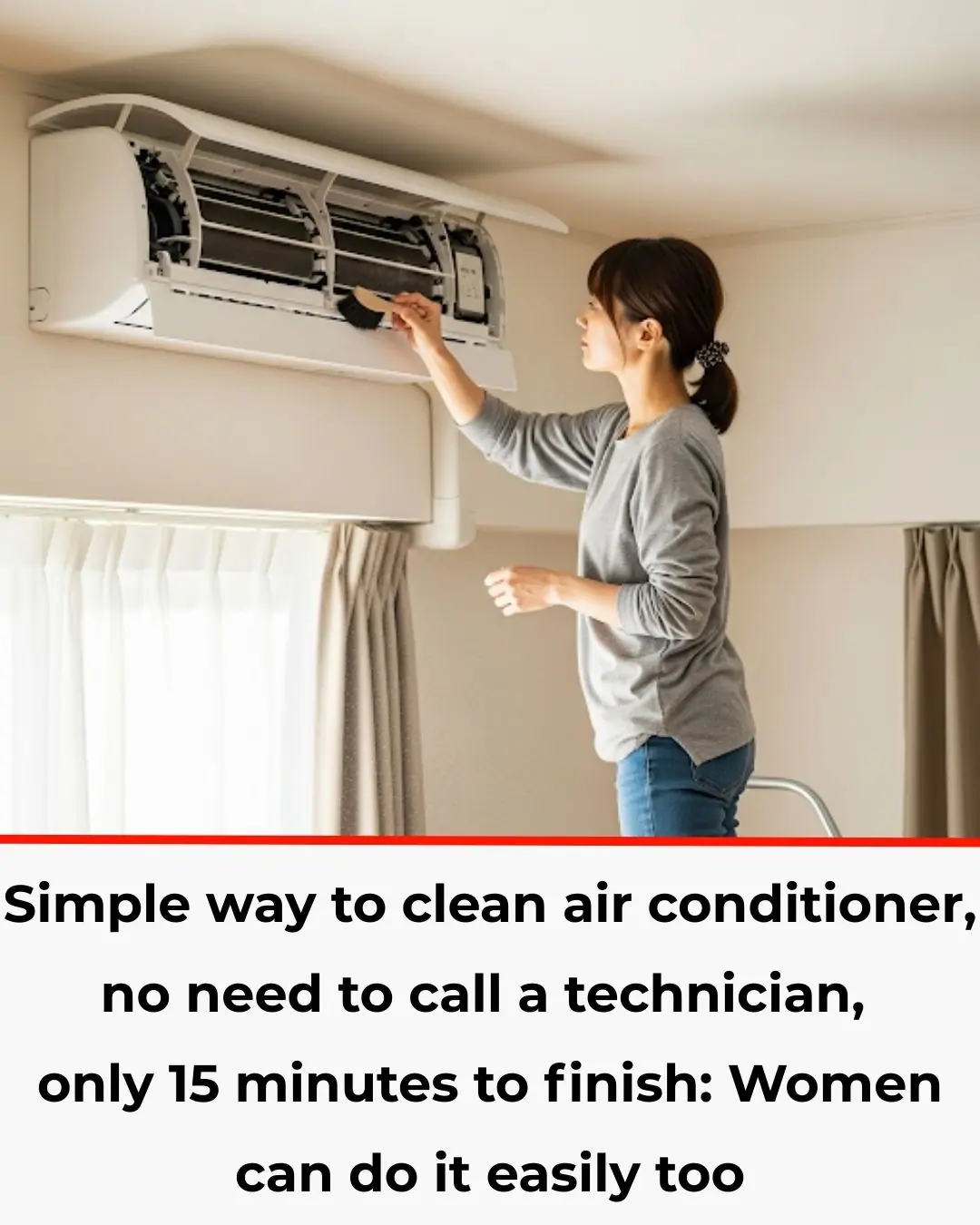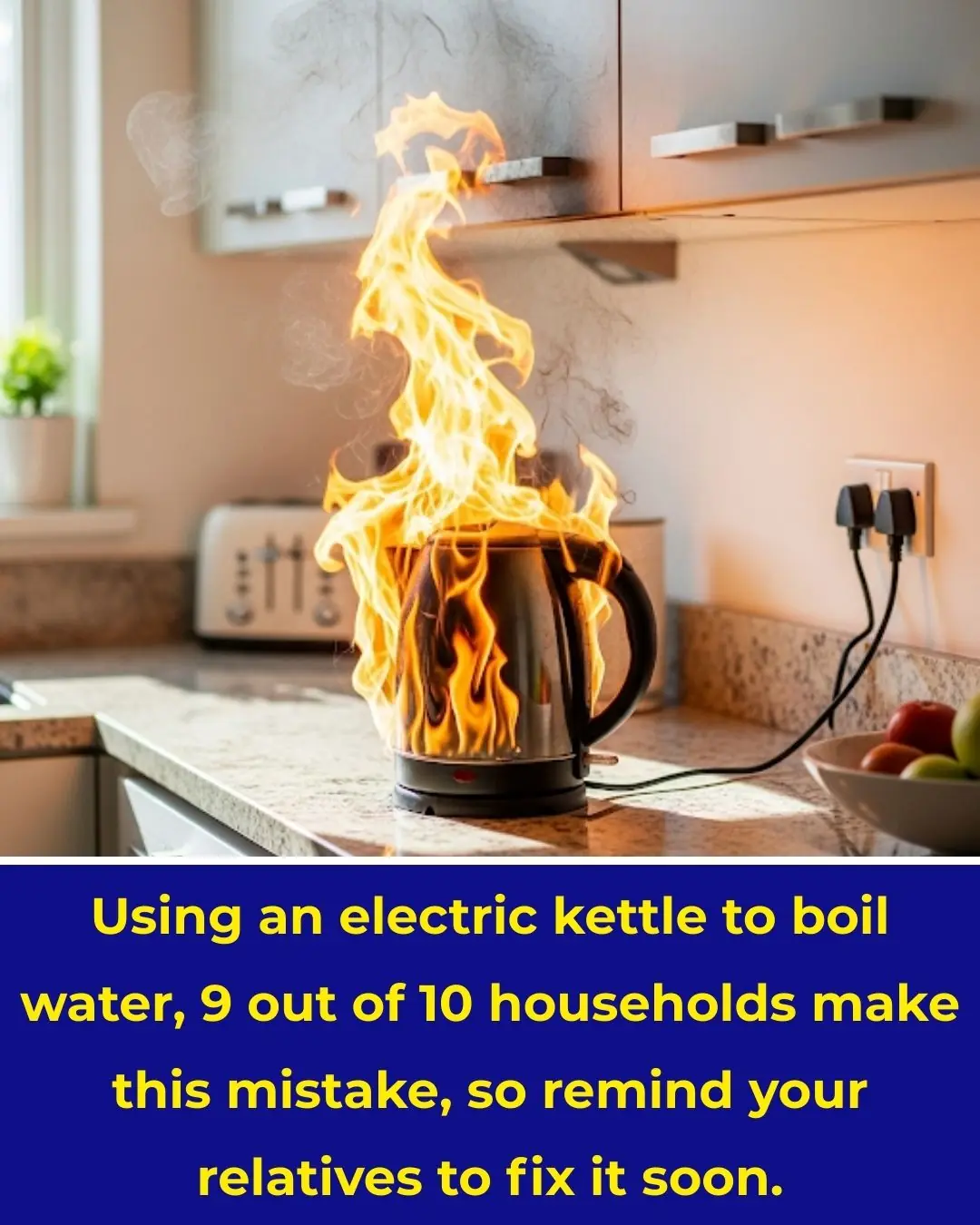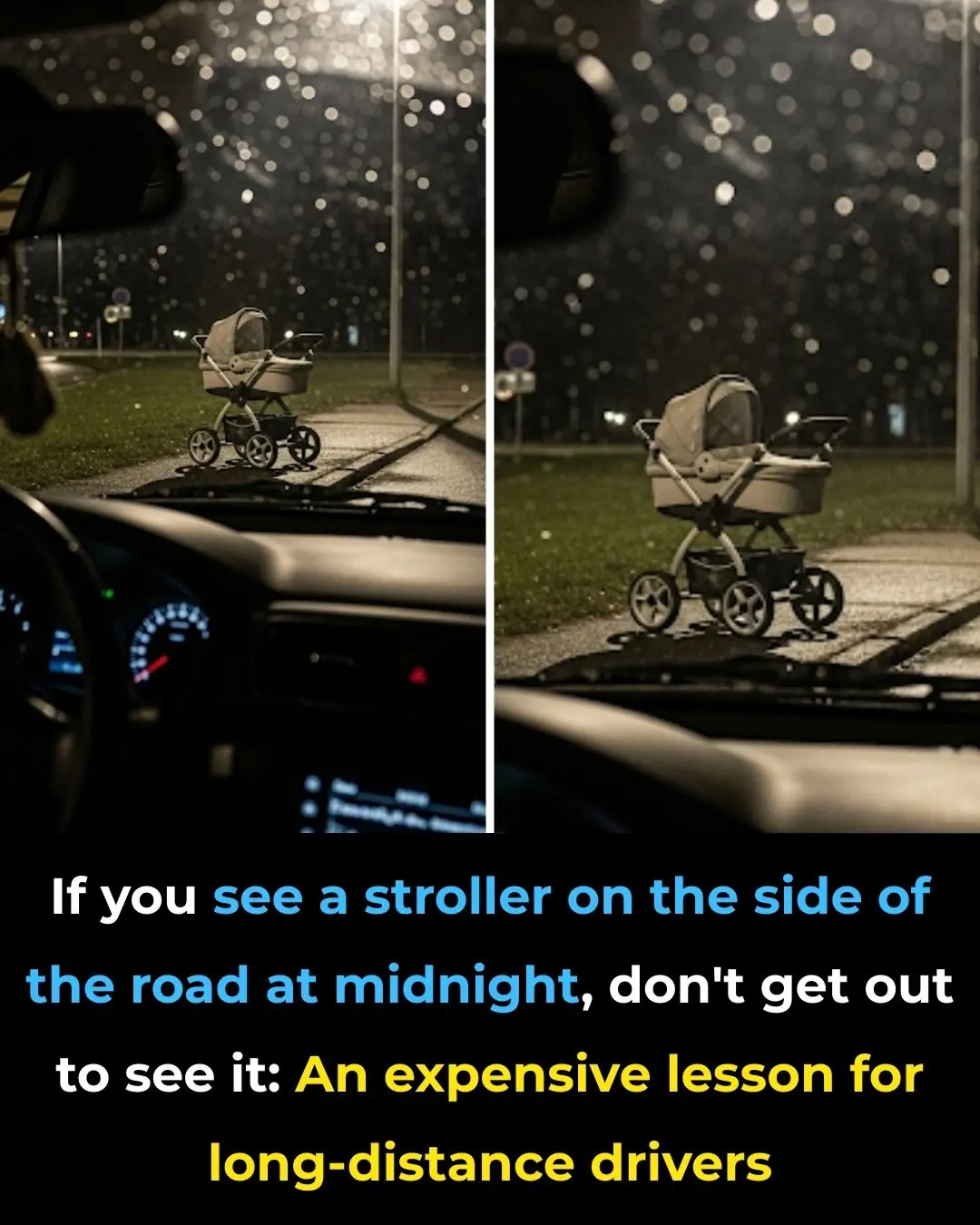Air conditioners are a modern convenience that many of us rely on to stay comfortable during hot and humid weather. However, turning on the air conditioner during a storm can be a costly mistake. While it may seem like a good idea to keep cool during a storm, doing so can lead to unnecessary expenses and potential damage to your system. In this article, we will explore why running your air conditioner during a storm is not recommended and how it can lead to wasted money.
1. Power Surges and Electrical Damage
One of the most significant risks of using electrical appliances during a storm, especially an air conditioner, is the potential for power surges. Storms often bring lightning and strong winds, which can cause fluctuations in the power supply. These fluctuations, also known as power surges, occur when the voltage in the electrical system suddenly spikes.
Air conditioners are particularly sensitive to power surges. These surges can damage the internal components of the system, leading to costly repairs or even complete failure. When a power surge occurs, it can short-circuit the system's compressor, motor, or other vital parts, making it difficult or impossible for the air conditioner to function properly. In some cases, the damage may be so severe that replacing the entire unit is the only option.
2. Increased Energy Consumption
Air conditioners are known for being energy-intensive appliances. They work by using electricity to cool and dehumidify the air in your home. During a storm, you may notice that the temperature and humidity levels can fluctuate significantly. While your air conditioner may still run, it will have to work harder to maintain a comfortable temperature. This increased workload results in higher energy consumption.
During a storm, the humidity levels in the air tend to rise. Your air conditioner will have to work overtime to dehumidify the air, which leads to greater energy usage. This means higher electricity bills, and for no good reason. Since the storm is likely to cause disruptions to your daily routine, it's a waste to pay for extra energy consumption when the weather outside is unpredictable and uncomfortable.
3. Strain on the Air Conditioning System
Running your air conditioner during a storm can put unnecessary strain on the system. Typically, air conditioners are designed to operate under relatively stable conditions. However, when storms cause power surges or when there is heavy rainfall, your system has to work harder to cool and dehumidify the air.
Moreover, storms can cause fluctuations in the temperature inside your home. If the storm causes a drop in temperature, your air conditioner will continue to run even though it's not needed, wasting energy and overworking the unit. This continuous strain can shorten the lifespan of your air conditioner, resulting in more frequent repairs and even the need for premature replacement.
4. Flooding Risk to Your Air Conditioner
If the storm includes heavy rain or flooding, turning on your air conditioner can be a dangerous move. Flooding can cause water to seep into your electrical appliances, including the air conditioning unit. If water enters the air conditioner’s electrical components, it can cause a short circuit, damage the wiring, and even lead to fires in extreme cases.
Even if your air conditioner is located in an area that doesn't seem prone to flooding, heavy rain or water runoff can still affect the system. If the outdoor unit is exposed to water, it can become clogged or damaged, leading to costly repairs. During storms, it's best to keep your air conditioning unit off to avoid this risk altogether.
5. Disruptions in the Power Supply
Power outages are a common occurrence during storms, and they can last for several hours or even days. If you turn on your air conditioner during a storm and the power goes out, you may be left with an inefficient, non-functioning unit. Furthermore, after a power outage, your air conditioning system may experience additional stress when the power is restored. The surge of electricity can potentially damage the system if it’s running at the time.
Additionally, power outages often lead to voltage instability when the electricity is restored. This can cause further damage to the components of your air conditioner and may even result in complete failure. Turning the air conditioner on during a storm could lead to wasted money, as you may face repair or replacement costs.
6. Better Alternatives for Comfort During Storms
Instead of relying on your air conditioner during a storm, there are other more energy-efficient and safer ways to stay comfortable. First, consider using fans to circulate the air in your home. Fans are less energy-intensive than air conditioners, and they can help cool down the environment without putting unnecessary strain on your system.
Another alternative is to open your windows slightly to allow fresh air to circulate. This can help reduce humidity and make the indoor environment feel more comfortable. Just be sure to monitor the storm conditions and close the windows if the weather worsens.
If you need to cool down quickly, you can use natural remedies such as cold compresses or ice packs. Placing a cool cloth on your forehead or neck can help you feel refreshed without the need for the air conditioner to be running.
7. Conclusion
While it might seem tempting to turn on the air conditioner during a storm, doing so can lead to wasted energy, potential damage to the system, and unnecessary costs. Power surges, increased energy consumption, strain on the system, flooding risks, and disruptions in the power supply all contribute to the wasteful nature of running your air conditioner during storms.
To avoid these unnecessary expenses and protect your air conditioning system, it is best to keep the unit off during storms. Instead, use alternative methods to stay comfortable, such as fans or natural cooling techniques. By being mindful of your air conditioner usage, you can save money and extend the lifespan of your unit while keeping your home safe during a storm.






























